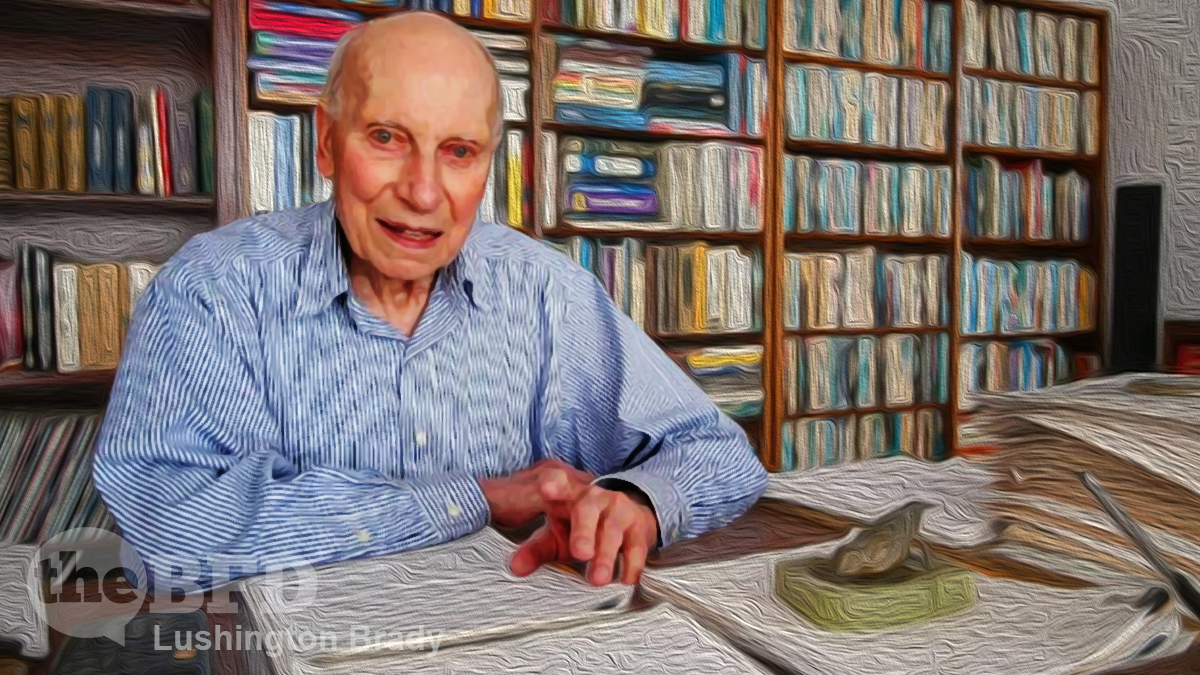Table of Contents
Whatever else, Australian media personality “Dr Karl” Kruszelnicki is no slacker. Besides graduating as a physicist in the late 60s, Dr Karl also worked as a taxi driver, mechanic and roadie. He commenced his medical degree in his early 30s. When friends commented that he would be in his 40s before he became a doctor, Kruszelnicki replied that he could either be a doctor in his 40s, or not a doctor — but still in his 40s.
Manfred Steiner makes Dr Karl look like a dilettante.
Steiner fled his birthplace in Austria after WWII. Although he loved physics, his family advised him to be a doctor. He became a doctor in 1955 and earned a PhD in biochemistry in 1967. In 1968, he became an assistant professor of medicine at Brown University in Rhode Island and a full professor in 1978, and head of haematology in its medical school in 1985. In the late 90s, he became chief of haematology at the University of North Carolina. He retired from medicine in 2000.
But his childhood passion for physics had never abated. Nor, clearly, his drive for learning.
“Physics was always a part of me,” he said, “and when I retired from medicine and I was approaching age 70, I decided to enter the world of physics.”
At age 89, after successfully defending his dissertation, Manfred Steiner will receive his PhD from Brown University’s Department of Physics.
Steiner did not consciously set out to earn a third doctoral degree when he began his studies at Brown. “Originally I just wanted to take classes, doing something that helped my mind and was interesting to me,” Steiner said. But by the Spring of 2007, Steiner had completed enough classes to be admitted to the graduate school as a Ph.D. degree candidate.
While some of his professors and PhD supervisor were initially sceptical about an undergrad in his 70s, they came to regard him as inspirational. “ He believes in the human mind’s capacity to advance and create knowledge,” says Professor Jim Valles. “Seeing him do it was incredibly inspiring, enabling, and empowering to me as a physicist.”
Steiner is equally enthused about his latest qualification.
“This Ph.D. is the one that I most cherish because it’s the one that I was striving for my whole life.”
And Steiner is not prepared to rest on his laurels. He is currently reworking part of his dissertation for publication and plans to continue his theoretical physics work.
“Even though I am old, I would like to continue with physics,” he said. “And even after writing and publishing this paper, I want to continue my research.”
Steiner’s story is an inspiration for young and old alike.
“It is important not to waste your older days. There is a lot of brainpower in older people and I think it can be of enormous benefit to younger generations. Older people have experience and many times history repeats itself.”
As for young people choosing between following a passion and taking a more conventional path in life Steiner says, “I think young people should follow their dreams whatever they are. They will always regret it if they do not follow their dreams.”
Brown University
As Mark Twain said, you’ll always regret the things you didn’t do more than the things you did.

Please share this article so that others can discover The BFD









